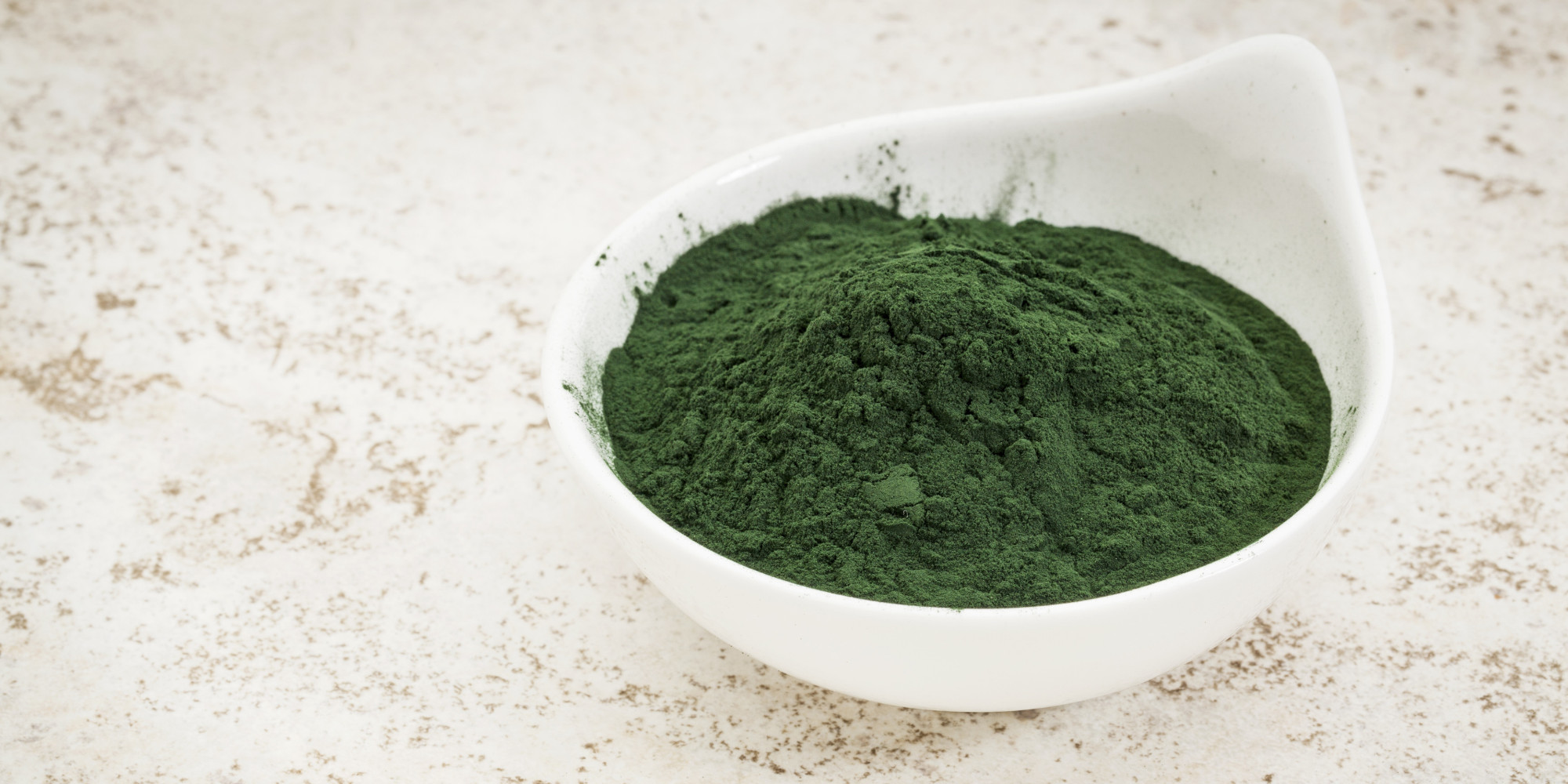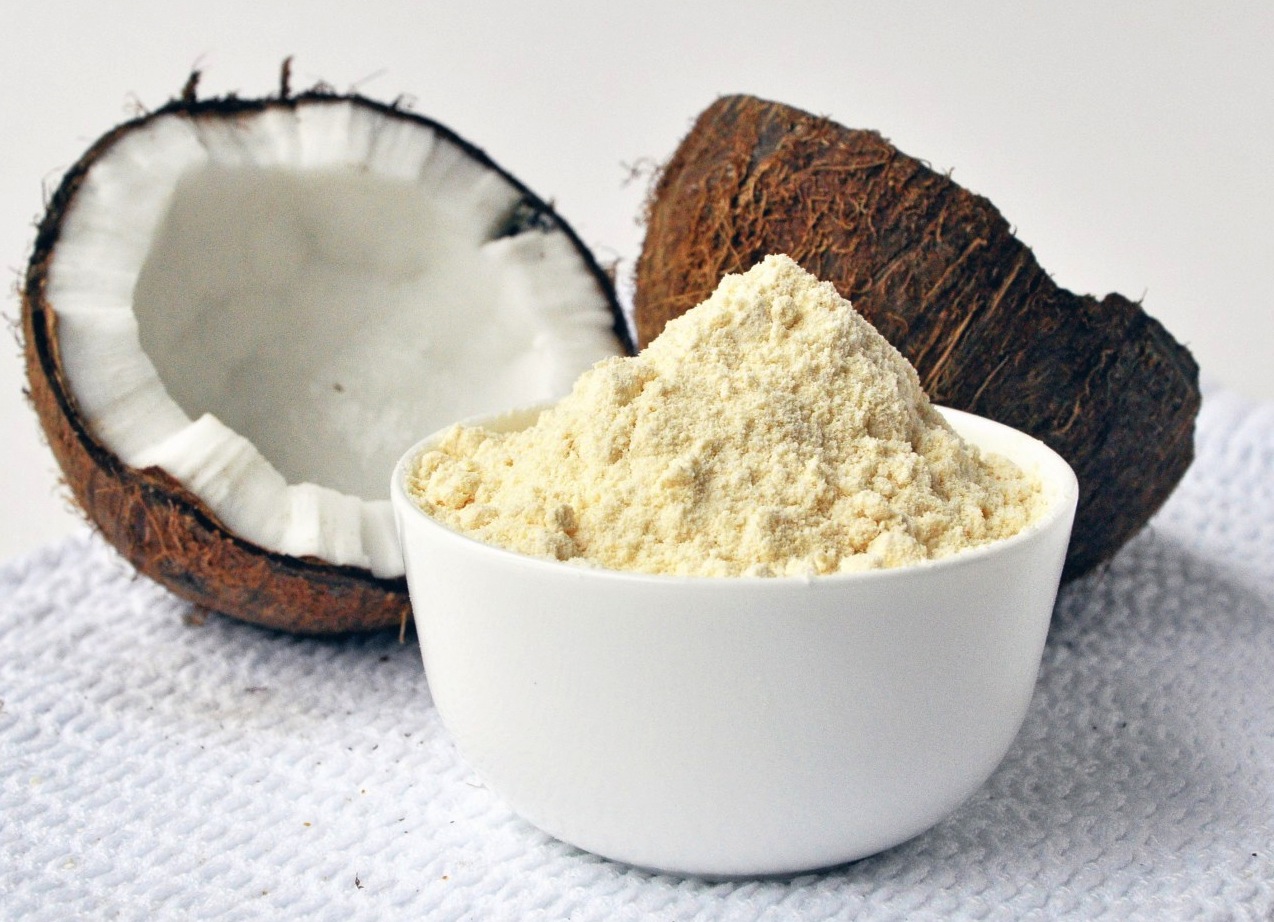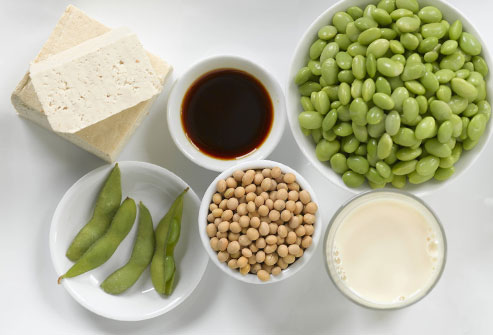I can’t say I’m entirely vegan but for the most part, I don’t touch animal products. I know it sounds crazy – just as crazy as it sounded when I told my friends I was going to quit drinking 🙂
Anyway, a question people ask me all the time is how to get more protein into their diet, especially if eating predominantly plant-based. This is a GREAT question because many people are making the assumption they are eating enough protein when they simply aren’t.
Or they are eating plant-based proteins every day, but always eating the same three or four foods. This can be extremely unhealthy and can lead to the development of food sensitivities (when you eat A LOT of something, your body can actually become sensitive to it) and can create nutritional gaps in your diet.
Protein is absolutely essential to a healthy body and mind. Because it is one of three macronutrients, protein rich foods should always be included at every meal and snack. Not only will protein keep you full and satisfied, but it is a building block for life and essential for the cells of your skin, muscles, bones and cartilage. It also helps to make many chemicals in your body such as enzymes and hormones.
It is also important to get all 8-9 essential amino acids from our diets because our bodies don’t produce them. When living on a plant based diet, we should be sure to combine foods properly to create these complete proteins.
Below is a summary of protein sources, both plant and animal based. You can find the exact ones I prefer here.
CanPrev’s CORE
- A complete protein. Each serving has 18g of easily digested, plant based proteins as well as 8-9 servings of greens
- It is loaded with vitamins and minerals which is why it is like taking a daily multivitamin, but in a more delicious form!
- I was never into supplements and protein powders, but I am a huge believer in this one because I see results, it makes me feel great, and it is created by naturopaths who ensure that the contents are within safe and therapeutic dosages.

Spirulina
- 1/2 tbsp has 2 g protein, which is 65-70% protein by weight
- Not a protein-heavyweight but definitely has a wide variety of amino acids, 22 to be exact, so it is a complete protein
- Rich in beta-carotene, calcium and iron
- Wonderful source of gamma-linolenic acid (GLA) — a important fatty acid for reducing inflammation, also cancer fighting

Coconut Flour
- 2 tbsp has 5 g protein
- Not only is it a good source of protein but it is very high in fiber, more so than whole wheat flour and of course, it’s gluten-free!

Legumes: Black Beans, navy beans, kidney beans, mung beans, chickpeas
- 1/2 cup has 21 g protein
- These guys are incredible for digestive health and blood sugar balance.
- They are a great source of phytonutrients including anti-inflammatory quercitin.
- Make sure you check out my amazing burgers, desserts, and stews!

Hemp seeds (hearts)
- 1/4 cup has 15 g protein, plus they are a complete protein with all the essential amino acids
- I love sprinkling these on my salads, smoothies, and oatmeal!
- Great for hair health!

Chia seeds
- 2 tbsp has 4 g protein and 11 g fiber! Just like spirulina and hemp, chia has all the essential amino acids
- Chia is a good source of calcium, magnesium and some B vitamins too, as well as good healthy omega 3 fats to promote anti-inflammation
- I like to add these superfoods to my smoothies and oatmeal as well. I replace eggs with soaked chia when I want to bake a vegan dish
Almonds
- 1/4 cup has 8 g protein! The perfect amount for a mid-aft powersnack! I admit, I binge on these guys :/
- Almonds are a total beauty and heart health food because they are an excellent source of vitamin E and fiber too
- I also add these to my oatmeal, I chop them up for my stir frys, and I use them to “bread” my vegetable “tempuras”!

Lentils
- 1/2 cup lentils has 9 g protein
- Packed with fiber, minerals such as iron, magnesium, calcium, B vitamins and more
- Lentils, just like black beans are very blood sugar balancing
- Curry them up for some delicious Dhaal or mix them in with your rice and salad!

Quinoa
- 1 cup cooked has 8g of complete proteins
- Quinoa is high in fibre and loaded with iron, magnesium, and zinc, which are great for your immune system and brain health
- I know some people don’t like quinoa but you can sneak it into your soups, stir frys, oats, and rice!

Shiitake Mushrooms
- this flavourful mushroom is used in Japanese cuisine and folk medicine.
- A complete protein with lots of B vitamins
- 1 cup has 5g of protein
Brown Rice
- 1 cup has 5g of protein
- it is known for its ease of digestibility, good amino acid profile, and typically low allergenic potential for people.

Soy/Tofu/Edamame
- also a complete protein, easily digested and packed with iron, potassium, and calcium.
- be aware of allergies or sensitivities, especially if you have signs of candida

Broccoli
- dark greens and leafy greens have more protein per calorie and per gram than animal meats do, but that does mean you have to eat A LOT of veggies to get enough protein. However, that just means that you need a variety of foods to keep your body happy 🙂
- 2 cups of broccoli gives you 6g of protein!

Eggs
- the hardest thing I gave up during my mini vegan adventure. I will still eat these babies, that’s why I can’t say I’m vegan.
- A complete protein packed with B vitamins, Vitamin A and other nutrients, provided you eat the yolk.
- 1 yummy egg has 13g of protein.
- There is really no difference between white and brown eggs. Brown eggs are priced higher because they come from larger chickens, so they need to be fed more.

Fish
- This is another easy to digest high quality protein that those who live a “pescatarian” lifestyle can incorporate.
- Rich in the essential fats EPA and DHA to help manage inflammation and brain health.
- Salmon, tuna, mackerel, although they are the fattier fish, they have the most omega-3 content and most nutrients compared to other white fish such as tilapia.
- 3oz of salmon has 17g of protein!

Chicken/Turkey
- these are some of the highest quality animal sources of protein with extremely low levels of fat if you choose the leaner sections of the animal.
- 6oz will be enough to supply up to 25 grams of protein. Make sure your meat is raised without the use of; antibiotics, hormones, and cages which give the animals the healthy lifestyle they need.
- when choose ground meats, go with the extra lean 99%

Grass-Fed Beef
- I rarely eat red meat these days, but there are health benefits, provided you eat in moderation
- When raised under the right conditions, beef can provide many health benefits. Quality protein, iron, vitamin b12, and dose of healthy fats providing it’s grass-fed.
- 4 oz provide 20g of protein!

So there you have it! Mystery solved, you CAN get enough protein from a plant based diet, and there are healthy ways to enjoy animal proteins as well.
I hope you found these helpful and be sure to share with your friends! It can help someone a lot! xo
